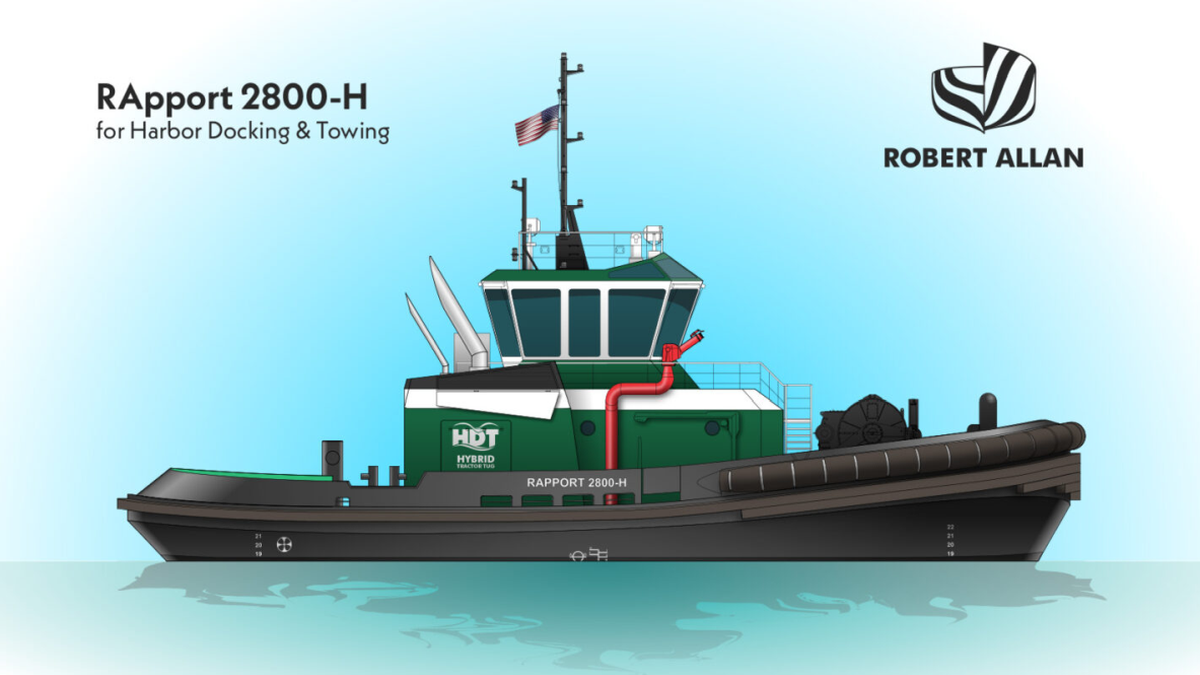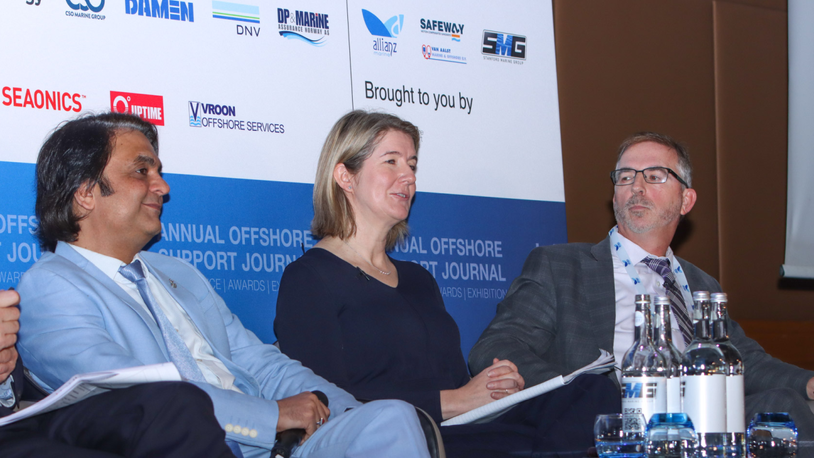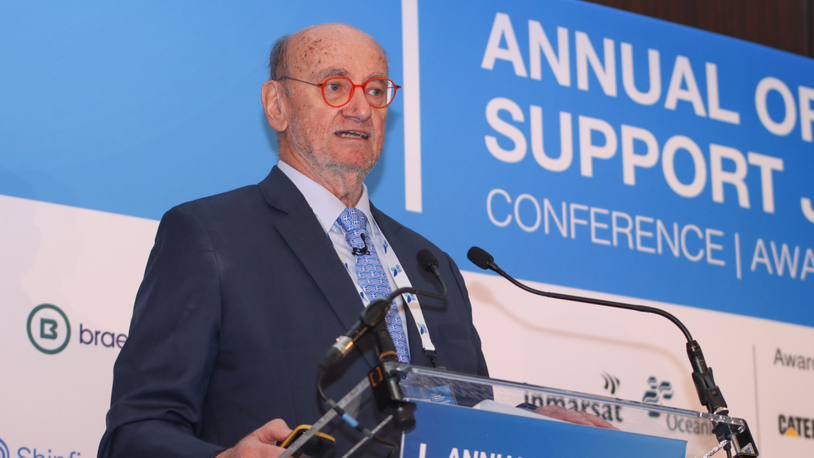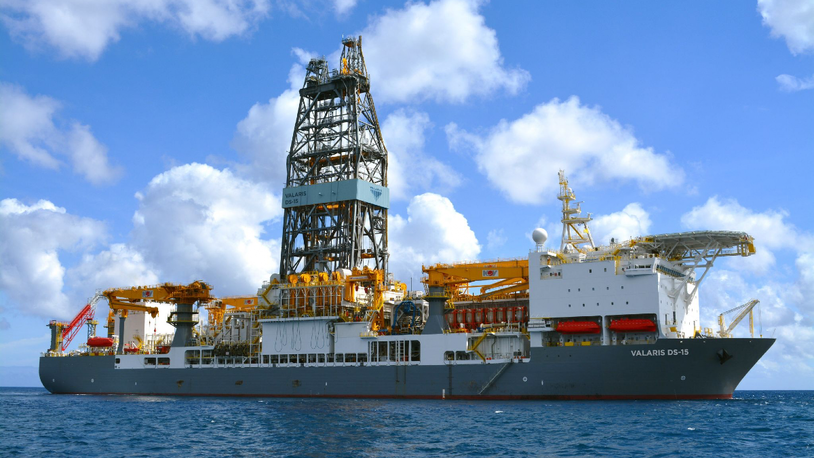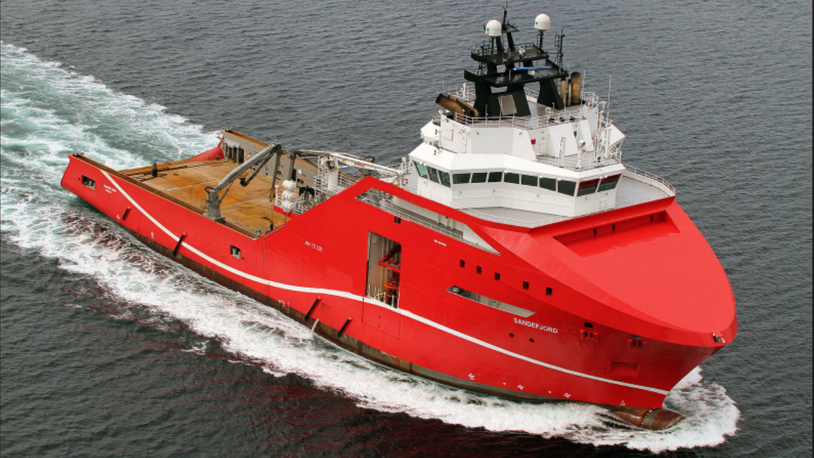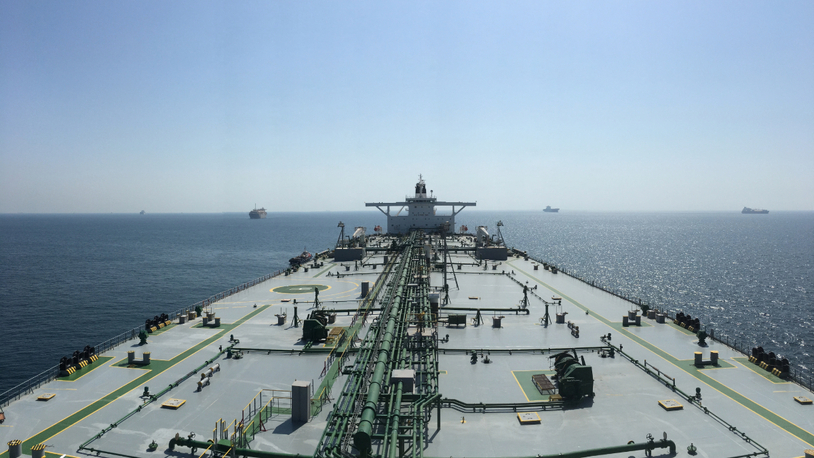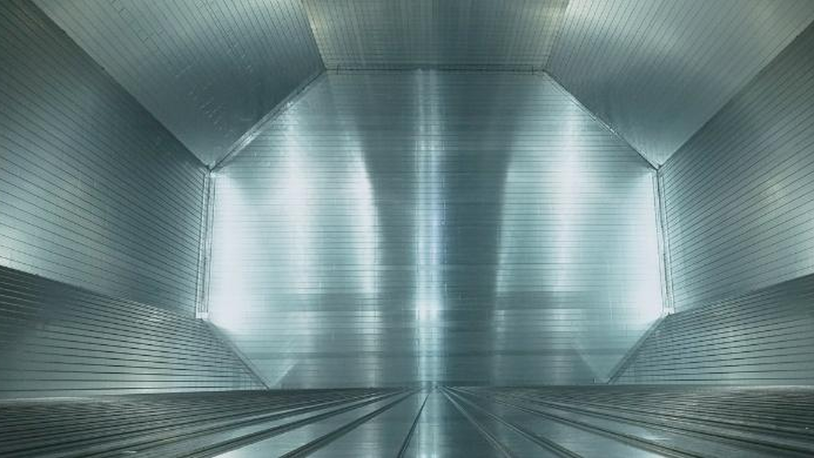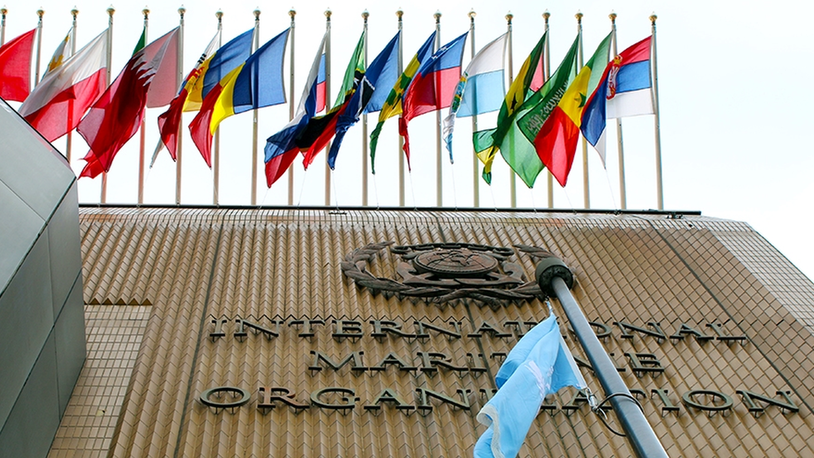Business Sectors
Events
Floating energy: successfully unlocking stranded gas using FLNGs and FSRUs
Contents
Register to read more articles.
'TST's Most Influential Leaders: Erik Broekhuizen
Poten & Partners head of tanker research & consulting, Erik Broekhuizen, is an analyst that has become a familiar face in the mainstream for comments on the big picture during the recent oil crisis.
In January 2022, Mr Broekhuizen commented on what the build-up of Russian forces on the border of Ukraine meant for the tanker trades. In his weekly commentary, he wrote that curbing Russia’s ability to export oil and gas has not been a sanction in the past, but what would be the impact if the West was to treat Russia like Iran?
Russia produces around 9.9M barrels per day (b/d), and as part of OPEC+, it is expected to increase production to 10.1M b/d in Q1 2022. Exports are around 6.5M b/d to mainly China and Europe via pipeline, but with significant seaborne deliveries out of the Black Sea, Baltic Sea and Russian Far East via Aframax tankers.
A European and US axis sanction of Russian oil and gas exports would hit Europe hardest. Poten speculates the oil price would rocket upward. Europe would have to increase product imports – a boon for the product tanker sector.
In June 2022, Mr Broekhuizen subsequently analysed the impact on the tanker fleet by comparing pre-invasion and post-invasion scenarios. He noted that India has boosted its imports of Russian crude oil: “India’s imports of Russian crude from the Black Sea increased from 52,000 b/d in Q4 2021 to 385,000 b/d in Mar-May 2022, a more than seven-fold increase.” A similar increase from the Baltic region was also noted.
The increase in Russian crude oil into India was at the expense of the VLCC fleet, noted Mr Broekhuizen. “VLCC imports into India went down over the same period, driven by significant declines in imports from the US Gulf and Central America. West Africa also exported less to the Indian Sub-continent. These are all long-haul VLCC trades,” he noted.
“Europe would have to increase product imports – a boon for the product tanker sector”
The gains have been in the Aframax tanker and Suezmax tanker sectors serving the Indian Sub-continent, driven by discounts being offered on Russian crude oil.
Another impact on the VLCC trade, noted by Mr Broekhuizen, is the decline in the long-haul North Sea to China trade. Post the Russian invasion of Ukraine, North Sea crude oil is tending to stay in Europe as an alternative to Russian crude oil.
Looking ahead, Mr Broekhuizen envisaged two possible scenarios: “In an ideal (for the VLCC market) scenario, the war in Ukraine ends soon and sanctions are gradually lifted. Russia will continue to supply some crude to Europe and trade flows normalise. China is back (Covid lockdowns end), a global recession is avoided, oil demand and supply rebalance and tanker demand recovers.”
Or there is the alternative scenario: “A bad scenario would mean a continuing war in Ukraine, leading to increasing sanctions and rising geopolitical tension. High energy and food prices continue to drive inflation and push the world into a global recession. The shadow fleet expands further and now services Russia in addition to Venezuela and Iran. No meaningful vessel recycling will take place and the VLCC market will continue to languish.”
Related to this Story
Events
Maritime Regulations Webinar Week
Floating energy: successfully unlocking stranded gas using FLNGs and FSRUs
© 2024 Riviera Maritime Media Ltd.




